Community Medicine
Community Medicine (CM) is a longitudinal experience with multiple parts that is completed over all three years of residency. The purpose is to promote participation with community partners that contribute, in the broadest sense, to the health and well-being of people in the communities we serve.
Philosophy
Community medicine lies at the heart of what we do as family physicians. Most of the illness we see in our patients directly or indirectly results from forces in our society: poverty, inequality, racism, violence, and other forms of exploitation. In a sense, our clinical work is only a band-aid for the ills of the individuals and families who enter our clinics seeking health care.
Our specialty occupies a unique position at the nexus of individual, family and community. In our everyday clinic work we identify and treat the common medical conditions that affect our patients. We start to see patterns and trends: epidemics of heart disease, obesity, depression, substance abuse. Using the tools of epidemiology and basic principals of public health, we can take the next step of learning about the macro forces that lie behind these illnesses. Our advocacy in our communities for affordable housing, living wages, ending food deserts and addressing institutional violence and racism have the potential to impact the health and well being of the people we serve in as powerful a way as using a prescription pad. We seek to make an education about the social determinants of health more than an intellectual exercise.
Community Medicine Curriculum
Our longitudinal CM curriculum begins by teaching the basics about social determinants of health and exploring the communities served by our clinics. This foundation prepares residents for working with community partners providing needs assessment, working with community leaders, and facilitating community development. This work is accomplished through four components:
Family Medicine Intensive sessions such as “Social Determinants of Health 101” and walking tours of clinic neighborhoods
R1 rotation in Community Medicine which places residents in a variety of important community health and social resources that will facilitate the care of patients
R2 year’s monthly workshops on the nuts and bolts of community organizing led by Sound Alliance, a coalition of local community benefit organizations
Community Medicine Project: Residents will start or continue work with a community-based organization and will work with their advisor to develop a project that will continue over three years. This can be an individual project or a group project that develops out of the R2 workshops. The lessons learned in the monthly community organizing workshops are designed to be used in these projects. Projects in their most basic form—and sometimes most effective form—can be direct service, i.e., volunteering.
Goals of the Community Medicine Curriculum
To develop the skills necessary to conduct occupational, environmental, and population-based health assessments
To foster an awareness of and appreciation for the many local public and private organizations working toward a common goal of improving the health of the community
To develop the leadership skills, organizational abilities, and communication skills essential to effective community organizing

